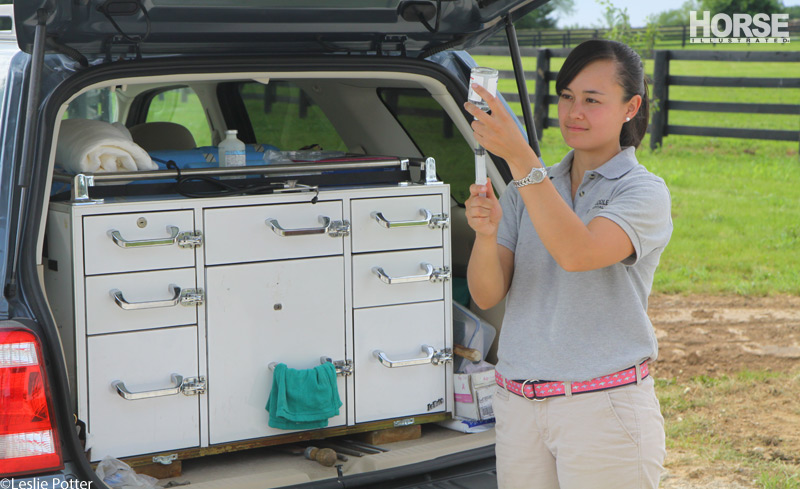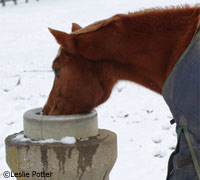
Eastern Equine Encephalitis/Western Equine Encephalitis (EEE and WEE)
Largely safe, minimal risk, pretty effective at preventing very serious diseases that kill horses. Depending on where you are, your veterinarian might even advocate vaccinating more than once a year (and that might not be a bad idea).
West Nile Virus
Largely safe, minimal risk, pretty effective at preventing a disease that can occasionally be severe enough to kill your horse. Depending on where you are, that one might be worth doing more than once a year, as well.
Tetanus
Very safe, minimal risk, and very effective at preventing awful disease. The vaccine can prevent the disease for years, even though it seems that tetanus is in about every other dose of vaccine available. That said, there’s really no reason why aan properly cared for wound should ever develop tetanus.
Rabies
Very safe, minimal risk, and very effective. It’s the law in some areas, and even though research is showing that its effects last a long time, where it’s required, you still have to vaccinate against it every year.
Equine Influenza
Very safe, minimal risk, but perhaps not that effective. It might help decrease clinical signs of disease in a horse, but it’s apparently not that good at keeping horses from spreading the disease. If you show horses, you’re going to have to give it at least twice a year.
Equine Herpesvirus
Very safe, minimal risk, and probably not very effective at all. It’s required by U.S. Equestrian to compete at their recognized shows, however.
Botulism
In certain areas, such as Central Kentucky, it may be recommended. Seems to work pretty well, and it’s safe.
Strep equi (“strangles”)
This vaccine is more commonly associated with side effects, such as muscle swelling and soreness (if given in the muscle) or, infections with the vaccine-strain of the disease (if given intranasally). There isn’t much evidence that the current strangles vaccines are very effective. On farms where it’s endemic, efforts to eliminate the disease should focus on identifying carriers, quarantining new arrivals, and good hygiene.
Lyme disease
There’s currently no Lyme Disease vaccine produced for horses. The vaccine that is used in horses is made for dogs. It appears to be fairly safe, but it’s harder to say how effective it is. Your veterinarian probably has a strong opinion about it.
Read more in The Equine Vaccination Guide.
This article originally appeared in the April 2017 issue of Horse Illustrated magazine. Click here to subscribe!




